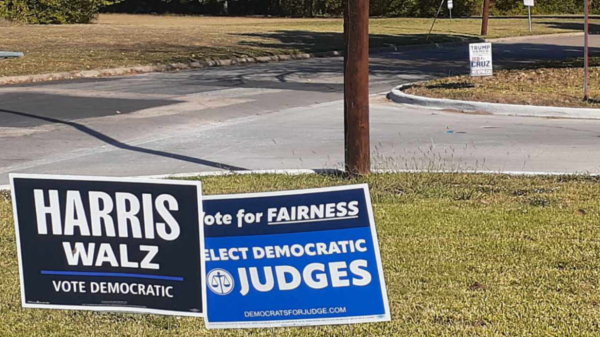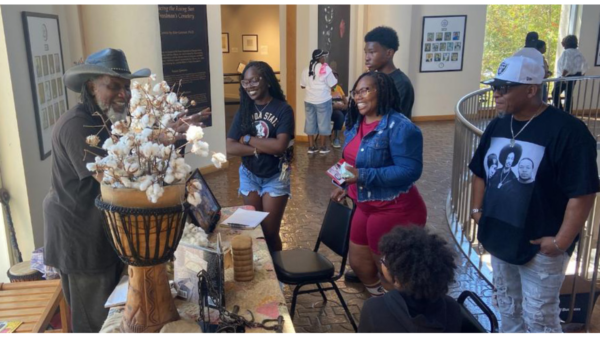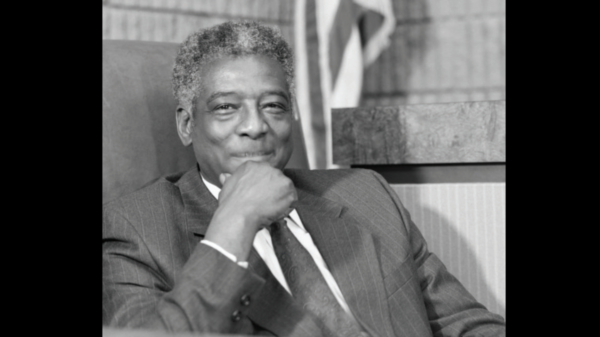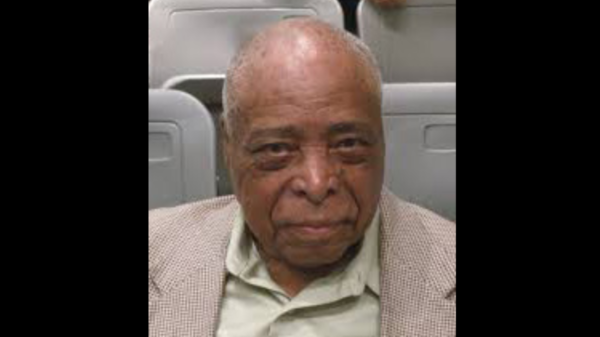By Norma Adams-Wade
“I’ll kick your
!!@#*!!%+#!#!….”
There. Feel better now? You sure told them off!
Snoopy cursing Red Baron. Photo: Pinterest.
The question is, why does one feel better after cussin’, swearing, using profanity-laced sentences, uttering taboo expletives and oaths, calling someone out of their name, using foul, smutty, filthy, abusive, dirty, strong, shocking language, and being naughty, offensive and blasphemous?
I was just thinking…does foul language indeed show that the user has a limited vocabulary or, instead, is honest, sharp-witted, and imaginative?
I remember my first close-encounter with a girl in high school who cursed like a sailor but was as sharp as a tack and got straight As. I remember her name to this day but won’t call it. Let’s just name her Ann. I liked Ann as a person but knew not to cross her. I did not want to be embarrassed by obscene, vulgar, blue-streak, potty-mouth name-calling.
If I had tried, I would have lost any battle playing the dozen. So, I never played – even though one could play without being nasty. Ann had a rapid-fire way of expressing her opinion that fit right in with her foul-mouthed but entertaining tongue. By the way, want to know who Sam Hill was? Researchers say no one has fully confirmed who Hill was and how the idiom started that uses his name as a euphemism — substitute curse word – for “h- -l” or “the devil.” One reasonable-sounding theory, from about a half-dozen others, sounds believable.
Foul-mouth cursing. Photo: Pinterest.
The story goes that people in the mining area respected Samuel W. Hill, a particularly foul- mouthed but heroic mid-1800s mining company surveyor. Because he was so well-known for dirty language, people in the mining area started substituting his name for some curse words, realizing that people in the community would understand that his name meant an obscenity. Thus, we have, “What the Sam Hill is that!?” I’ll take that theory above the others.
So, exactly where does cussin’ fit in society and what purpose does it serve? Pundits and researchers say there can be multiple answers and some resulting arguments about answers that are viewed more as opinions than facts. Here’s some research:
A. Dumb or smart: Limited vocabulary vs honest, sharp intelligence
CNN reporter Sandee La-Motte reports that her studies show “…swearing may be a sign of verbal superiority” and that college professor emeritus Timothy Jay says “the advantages of swearing are many ( including a sign of intelligence, honesty, creativity.)”
B. Swearing helps increase pain tolerance
LaMotte also relates studies that she said show “It you pinch your finger in the car door, you may well feel less pain if you say ‘sh_t’ instead of ‘shoot,’ ” releasing a helpful dose of adrenaline.
C. Cussin’ is a substitute for physical confrontation
LaMotte further reports that Professor Timothy Jay, of Mas- sachusetts College of Liberal Arts, says, “Swearing allows us to express our emotions symbolically without doing it tooth and nail…I can give somebody the finger..(and) I don’t have to get up in their face.”
D. Profanity is a sign of creativity.
LaMotte cites author Emma Byrne who wrote the book Swearing Is Good for You: The Amazing Science of Bad Language. In the book, Byrne states that physicians often call the brain’s right side its creative side. The author cites physicians as saying that if a person has a stroke on the right side, they often become less emotional and less able to joke.
Additionally, the author states that physicians say the stroke patient stop swearing, even if they swore often before. The CNN reporter LaMotte also reports that Victorian physicians discovered that stroke patients who lost their ability to speak still “swore incredibly fluently.”
All in all, it seems that cussin’ and swearing have their own place in our society. And if you know anyone like my high school associate, Ann, you will steer clear when they are irritated and firing foul-word missiles at the nearest targets.
Norma Adams-Wade, is a proud Dallas native, University of Texas at Austin journalism graduate and retired Dallas Morning News senior staff writer. She is a founder of the National Association of Black Journalists and was its first southwest regional director. She became The News’ first Black full-time reporter in 1974. norma_adams_wade@yahoo.com









You must be logged in to post a comment Login